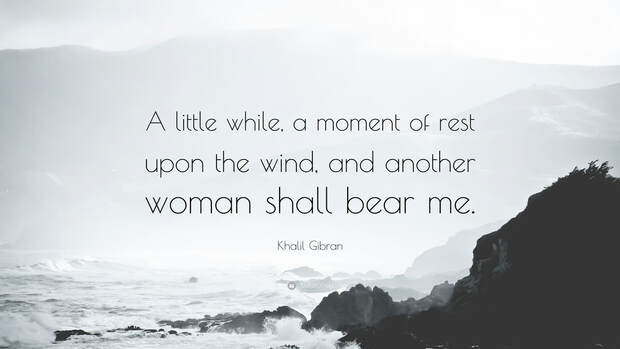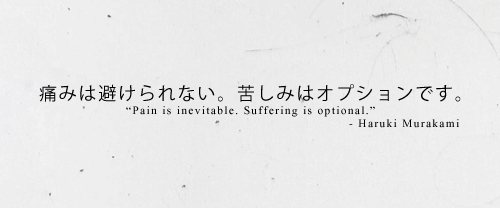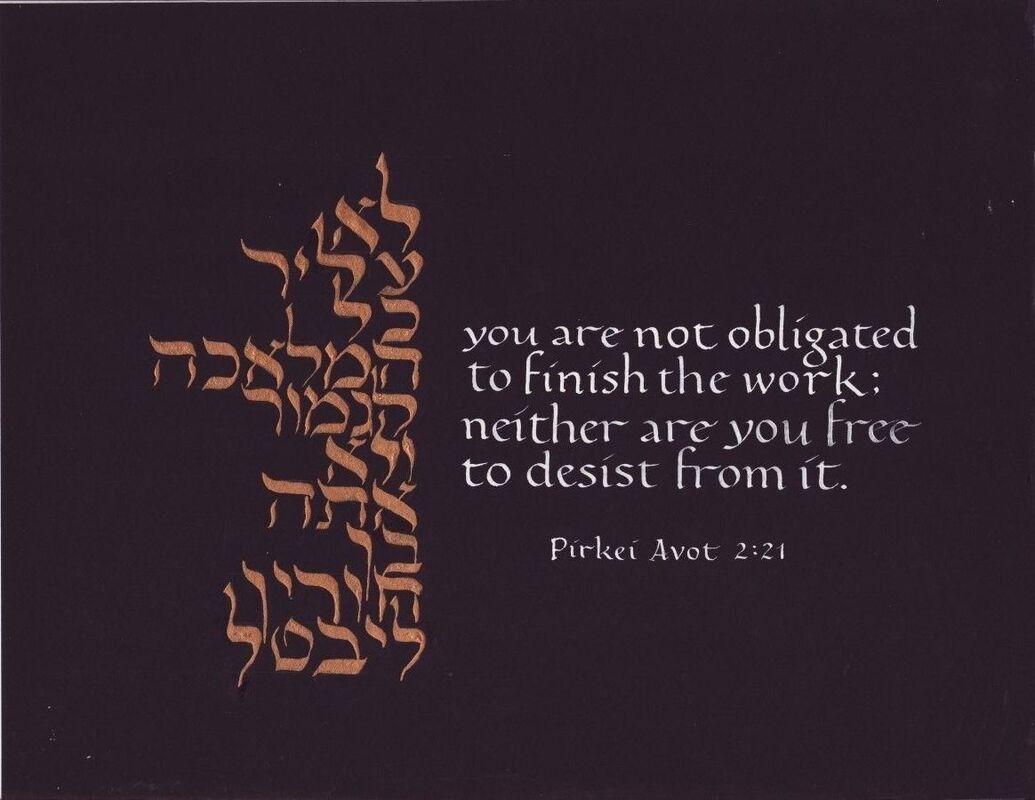 As I work on this, my back is tight, my head aches, my irritation level is off the charts. I can trace it all back to having too much on my plate. I tend to give myself a very slim margin of error, so I’m frequently late and often feel agitated when things don’t unfold as planned. What I need is to sit in my hammock in a quiet place (hard to come by in the city) and allow my cortisol level to come down. But this piece is on my to-do list, and I’ve been engaged all morning in actions related to serving my community. I’m not sure if this is the best of times or the worst of times to be reflecting on self care. My strategy in the face of most difficulties is to work harder. I am firmly immersed in the colonial myth of meritocracy (Marlow, 2016; McLean, 2018) in which work ethic and productivity is celebrated. I was raised to always do my best and still feel judged by the evidence of that effort. However, “best” is a relative term. One can always (arguably) do a little bit more; I have for a long time moved in the spirit of living on the growing edge (Thurman, 1998). I have always felt that I’d rather burn out than fade away. If I’m too comfortable, if things are too easy, then how am I to grow? By living much of life on the margins of comfort, I expand that comfort zone and my spirit. My mindset generally runs along the lines of the adage of “if not you, who; if not now, when?” (Somerstein, 2014). I shame myself for not doing enough because so much needs to be done, and my value is tied intimately to doing it.
It can be difficult to know where that edge is. I have long been aware of a tendency to extremes of emotion and energy. When I feel good, I can have manic energy, insight and drive. However, when I take on too much, it feels like I am teetering on the edge of an abyss of exhaustion or despair or injury (Steven Tyler agrees). In the long term, that isn’t helpful to anyone, is not sustainable, and doesn’t fulfill my deeply held values. Oxygen masks and all that. Filling one’s cup. Things I say to others all the time. I work hard and play hard. What I don’t do is rest. “Should” and “shame” are very damaging to self care. How can I stop equating “direct action” with striving? Can I keep going despite not knowing if my efforts will make any difference at all? Can I accept my limitations, engage in sustainable, thoughtful action, and let go of the outcome? How can I settle/be/find serenity when the world often feels like it is collapsing? Can I nurture kindness and compassion toward myself while I practice this way of being. Someone once remarked to me that “nothing worth having is upstream,” which I felt suggested that I shouldn’t have to work to deserve something. Over time, I’ve come to understand the metaphor of going with the flow. As a paddler, I can appreciate that it also requires effort and skill to safely navigate downstream, using rather than resisting counter forces. In my younger years I studied judo, which translated to English means the gentle (ju) way (dou). It is the epitome of not attacking or overpowering, but reading one’s opponent and using their momentum to defend and empower yourself. Jujutsu is an art that uses very similar methods to a different end: jujutsu is used to defeat an opponent by using their weakness against them (Hashashin, 2015). It is an act of warfare. Interesting then that nonviolent civil disobedience has been framed as analogous to jujutsu, as the systems’ weaknesses are used to defeat them (Gregg, 1960). Civil disobedience fights against powerful systems, which requires skill, cunning, and creativity. Activists are warriors. Judo, jujutsu, paddling and successful activism also require the flexibility and grace to innovate and adapt to change. As I learn and think more about the sociocultural dynamics of modern society, I can more clearly see the perpetuating patterns of unearned privilege that fuel its pathologies. Workaholism and mania tend to be celebrated in a culture in which worth is linked to performance and production. But neither allows for stillness. Neither allows for rest, or reflection, or rejuvenation. There is a clash of western values of achievement vs. the holistic, humanistic, and sacred (Teklu, 2018). These cultural patterns fuel the hero complex into which many well-meaning but indoctrinated volunteers, activists and advocates slip - myself included (Cole, 2013). This past February I slipped on the ice and suffered a concussion. With assignments piling up, actions to plan and agendas to set, resting felt out of the question - the world needed saving! But my speech was slow, my brain was sluggish, and I was exhausted. It wasn’t until I was asked, “Is your response to this situation increasing or decreasing your suffering?” that things started to turn. I surrendered: visited my medical doctor, reached out to profs for extensions on assignments, and had an unexpected crying session. This seemed to be the thing I needed to move forward and start healing. It was a very palpable metaphor for my resistance to taking the time to care for myself. Nurturing our own spirit is a prerequisite for extending loving kindness in the world. This requires humility and vulnerability which build trust and sustainability, critical for effective collaboration and productive organizing. Circling back to the myth of meritocracy, and the cult of being busy (Bruni, Oslington & Zamagni, 2016; Pinsker, 2017), I find it very difficult to quiet my ego enough to ensure my own needs are met, to acknowledge my vulnerability and ask for help. Kabat-Zinn (1994a) reminds us that “what looks like weakness is actually where your strength lies. And what looks like strength is often weakness, an attempt to cover up fear.” My desire to "do" tends to be an addictive attempt to cope with the pain and dissatisfaction I feel about the suffering in this world, and to feel like I am playing a role in fixing it. Because I am one person, and my efforts alone will never be enough, I attempt to ease my fear for our collective future by struggling harder, which feeds the perpetuating cycle. As bell hooks (2018a) points out, “the desire to be powerful is rooted in the intensity of fear.” Pema Chödrön (2018) also speaks to the effort to control as a way of suppressing fear, as opposed to embracing uncertainty and the mysterious as part of life’s journey. Tara Brach (2004a) helpfully reminds my scientific brain that my desire to fight as a response to fear is normal, evolutionary and adaptive. However, it is unlikely that we can collectively create a sustainable future using the same thinking that has created the wicked problems in which we find ourselves (Aikenhead & Ogawa, 2007). Chödrön (1998) writes that “patience is the antidote to anger; the opposite of patience is aggression - the desire to jump and move, to push against our lives. The journey of patience involves relaxing, opening to what’s happening, experiencing a sense of wonder.” By cultivating curiosity about and patience with discomfort, by noticing the difficult thoughts and feelings underlying the drive to act, we may more deeply nurture the compassion that allows us to be more joyful and effective warriors for radical change. This sentiment was captured recently after I hosted a conversation in my faith community about what adopting the principles for a Just Recovery for All (2020) would mean for our congregation. Many action-oriented ideas were generated; after the discussion, our minister and I received the following email from a participant (Anonymous, 2020):
hooks (2018b) reminds us that “love” is a verb; self-love is a series of actions which require practice. Integrating these cognitive realizations into my heart and soul requires a very deliberate choice to extend kind but critical curiosity about the stories I have been told for 40 years and nurture different narratives. Ones in which my value and worth is distinct from my productivity. Ones in which I am imperfectly human. Ones in which I am not expected to be a hero or a martyr. I want to practice “being” as much as I invest in “doing,” to value the being as equally worthwhile, if not moreso. The philosopher and theologian Paul Tillich (1954) advises, “In order to know what is just in a person-to-person encounter, love listens. It is its first task to listen. No human relation, especially no intimate one, is possible without mutual listening.” Arguably, the first and most fundamental human relation is the one with oneself. Listening carefully requires silence and a willingness to sit with the full range of narratives and emotions, as difficult as they might be, and “meeting whatever is happening inside us with … unconditional friendliness” (Brach, 2004b). From a cognitive perspective, this requires critical examination of my motivations and actions, and from a spiritual one, the courage to stay present with discomfort, and the generosity of spirit to extend kindness towards my imperfect self. Kabat-Zinn’s book “Wherever you Go, There you Are” (1994b) was my first exposure to the concept of mindfulness 25 years ago; this sentiment captures a fundamental question of existence: would I rather spend all my time with someone who loves and affirms my worth, or one who tears me down? In particular I value Metta (loving kindness) meditation from Buddhism (Solomonian, 2019), both toward myself and to dissolve unhelpful thoughts and feelings I have towards others. Having consciously stepped away from the Catholic religious traditions in which I was raised, I have reframed my perspective of “God” to the idea of a “Great Mystery.” Although my understanding of this is strongly influenced by Indigenous teachings (Nelson, 2008), it is certainly not unique to these traditions; Rudolf Otto’s framing of the holy as mysterium, tremendum et fascinans is very relevant to considering the future of our planet from a spiritual perspective (Gray, 1970). Opening to the mysterious is more fitting of my sense of the Divine, reflecting my agnosticism (Stephen Batchelor (1996) writes beautifully how embracing the mysterious is inherent to contemplative agnosticism, and ties this also to Buddhist tradition). I deeply appreciate the symbolism of Jesus as a human manifestation of the Divine. Ultimately we are all human manifestations of the Divine - which I interpret to mean we are imperfectly human and perfectly Divine, thus worthy and capable of grace and love and forgiveness. I am working on evolving my understanding of prayer to a practice that connects me directly to the mysterious and awe-inspiring Divine: “stretching, reaching toward that which is limitless and without boundaries” (hooks, 2018a). By seeking the Divine moment to moment, I am more able to savour what is beautiful and affirming and precious about this Earthly life. I once had a student very generously share with me that she had observed a vivid and loving angel behind me, one of the most powerful angels she had ever seen. While I am indeed agnostic, I am utterly open to all possibilities, and was moved to tears by the gift of her vision. I hold it as reassurance that I can relax into what is without having to fight or flee. hooks (2018c) writes that angels “guide, instruct and protect; they remind us that there is a realm of mystery that cannot be explained by human intellect or will; we find ourselves in the right place at the right time, ready and able to receive blessings without knowing just how we got there.” I'll take it. I have had a blessed life. I am abundantly grateful that my circumstances have permitted me to navigate an existence that allows me to manifest my values; my paid work and volunteer work and personal work all overlap and reinforce one another in very meaningful ways. By listening more carefully to my innermost thoughts, emotions and sensations, I can cultivate the ability to act out of place of abundance and generosity and joy, as opposed to scarcity and fear. hooks (2018b) speaks of unconditional self-love as an essential foundation for sustainable extension of love outwards. As I move forward in this very meaningful and life-affirming work, I will nurture compassion for myself, recognizing the imperfect humanity in my Divinity. Fostering peace within myself is a prerequisite for compassion and creating a rejuvenating and joyful future. By opening myself to fully seeing and courageously welcoming the bêtes noires and demons (Brach, 2014) in my soul, I am more able to truly expand on the journey along this bumpy and wondrous path until “a moment of rest upon the wind, and another woman [bears] me” (Gibran, 2019). References
0 Comments
|
Archives
January 2024
Categories
All
|


 RSS Feed
RSS Feed
